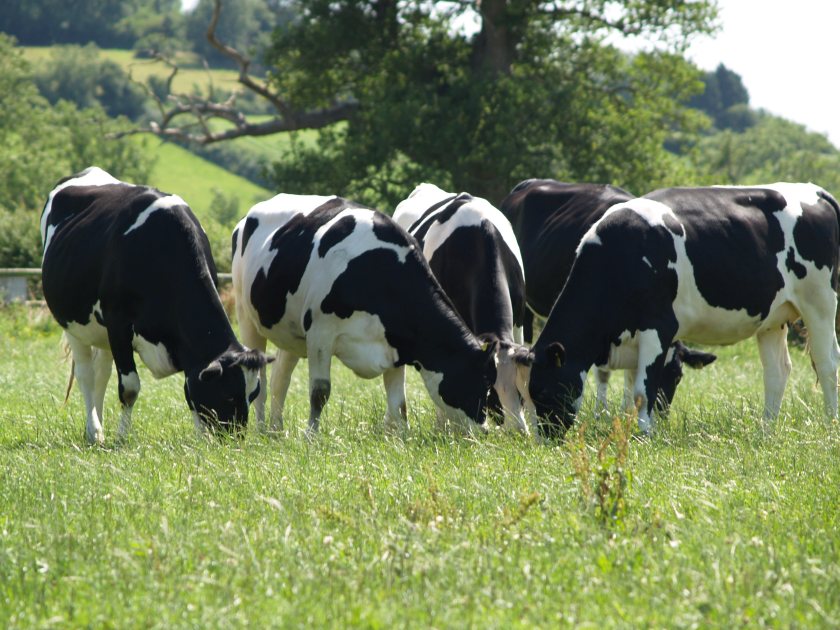
New legislation will be introduced to facilitate a cattle sector-led approach to eradicating bovine viral diarrhoea (BVD) in Wales.
From 1 July 2024, farmers and keepers will need to screen their herds for BVD annually by testing a small number of cattle.
They will also need to isolate persistently infected (PI) animals from the rest of the herd for the remainder of their lives.
The changes are part of the Bovine Viral Diarrhoea (Wales) Order 2024, which was developed by the cattle sector and the Welsh government.
A widespread viral disease, BVD can lead to abortion, infertility, deformed calves, and compromise herd health and welfare.
Infected herds often experience increased cases of calf pneumonia and scours, as well as reduced productivity and other cattle health and welfare issues.
The Welsh government says eradicating BVD will improve standards of animal health and welfare and help Wales achieve its net zero targets sooner.
Eradicating BVD from a typical Welsh herd of 40 cattle could reduce the carbon footprint by around 70,200kg CO2e annually, it claims.
In addition, eradication could bring farm-level financial benefits stemming from improved cattle health, welfare, and productivity, including increased milk yield and reproduction rates.
The cattle sector, with government assistance, will also set up a Wales BVD governance body involving a farmer support structure to facilitate disease eradication efforts.
Cabinet Secretary for Rural Affairs, Huw Irranca-Davies, said: “I understand the serious impact of BVD, not just on standards of animal health and welfare, but also the impact on production.
“The eradication of BVD in Wales is a long-standing commitment, and I fully support industry and government working together in close partnership to achieve this outcome.”
Chief Veterinary Officer for Wales, Dr Richard Irvine, explained that the benefits of being BVD-free included increased cattle health, welfare, productivity and fertility.
"Eliminating BVD can reduce costs and the carbon footprint of your herd," he said, "maintaining a BVD-free status strengthens the health and welfare of our cattle farms in Wales, and can also help reduce antibiotic usage.
"Embarking on this next phase of the BVD eradication programme in Wales is a really important step."
